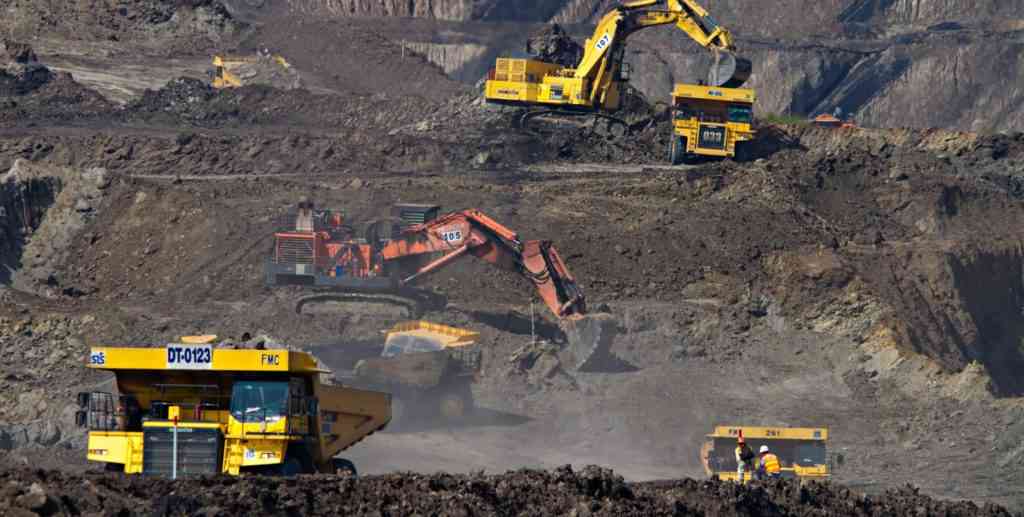
MINING communities in the mineral-rich areas of Manicaland Province are advocating for local policies aimed at prioritising their well-being and ensuring they benefit from resource extraction.
The push was highlighted during the Manicaland Minerals Governance Interface Dialogue meeting organised by Green Governance Trust Zimbabwe (GGTZ) at a local hotel on Monday this week.
Addressing the meeting, GGTZ programmes manager Lewis Marowa said the platform allowed mining communities to express their views on policies related to community development agreements, environmental protection, and local content requirements to maximise their involvement and minimise negative impacts.
“Communities are increasingly vocal about their need for mechanisms that guarantee a fair share of economic benefits derived from mining activities,” he said.
Marowa said this included initiatives like revenue sharing, community development projects, and local employment opportunities.
Zimbabwe Natural Resources Governance Forum representative Freeman Boso stressed the need for transparency and accountability regarding mining revenue.
“We need to see a transparent provincial mining inventory and an independent audit of our mining resources and wealth. It is crucial to know how much is being produced,” he said.
Boso called for greater accountability from mining companies and government bodies concerning revenue management and project implementation.
- Information key to climate change mitigation: FAO
- Pupil commits suicide over satanism taunt
- Apostolic women suffer in the name of religion
- Apostolic sect members embrace measles vaccine
Keep Reading
“We are advocating for local policies that tackle these key areas, enabling mining communities to work towards a more equitable and sustainable future,” he said.
Penhalonga Residents and Ratepayers Trust chairperson Weston Makoni echoed the sentiments, calling for stronger environmental regulations to safeguard natural resources.
‘We demand measures that minimise the impact of mining on water sources, air quality, and biodiversity,” he said.
Proud Nyakunu from the Zimbabwe Diamond and Allied Workers Union also highlighted the need for policies that prioritise local employment and procurement from local businesses.
“This creates jobs and stimulates the local economy. Meaningful community participation in decision-making processes related to mining projects is essential,” she said.
Marange Development Trust’s Malvern Mudiwa pointed out the challenges communities face when negotiating with powerful mining companies.
Policies must address these power imbalances to ensure fairness and equity. Strong local policies are vital, but effective enforcement and implementation are crucial,” he said.
Farai Mapfumo, a member of the Parliamentary Portfolio Committee on Mines and Mining Development, noted that Zimbabwe's constitution allowed for the devolution of power to local authorities, aiming to bring decision-making closer to communities.
“The government is committed to creating platforms for citizen engagement in local governance,” he said, adding that the committee plays a vital role in overseeing the mining sector.
“We will review and monitor the Ministry of Mines' policies to ensure they align with national goals and promote transparency and accountability.”










